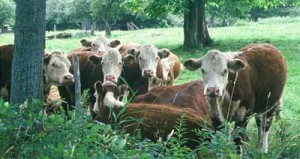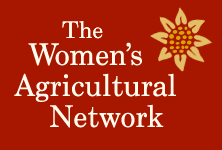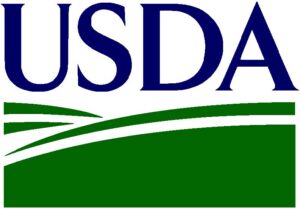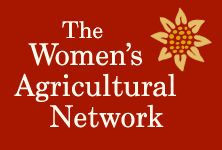Last fall I received a phone call from a Vermont college student who was wondering if the Center for Sustainable Agriculture took a stance on whether meat is part of a sustainable diet. It struck me as a curious question because a core component of our work is focused on providing education and technical assistance to farmers on raising animals in economically and environmentally sustainable ways. But fair enough, perhaps she hadn’t looked at our website. And frankly, I hadn’t thought about our work as “taking a stand,” but in a way, we were.
Over the years, the Center has had numerous discussions about how we define our work in sustainability. Specifically, is there a line that we draw regarding the farms that we will work with? The staff have wholeheartedly concurred that our major goal is to help move any and all Vermont farms along a sustainability continuum. That is to say, we try to meet a farmer where s/he is, and help advance the sustainability of her/his farm through education and/or technical assistance about various practices, some of which relate to livestock.
Jump ahead to the late June Food Summit at UVM where Robert Lawrence, Director of Johns Hopkins Center for a Livable Future, asked people to consider participating in “Meatless Mondays.” The website for his Center says that Western diets tend to skimp on fruits, vegetables, and whole grains, while being heavy on meat and refined carbohydrates, and saturated fats, resulting in increased rates of obesity, diabetes, heart disease and cancer. As a nutritionist, I see little to argue with in this statement, so his suggestion of Meatless Mondays didn’t phase me.
But it did ruffle other folks, in particular, some farmers who are part of the Pasture Network. They are very dedicated producers who understand grass-based products to be completely different than meat raised on confined, factory-farms. They expressed concern that Vermonters would think of meat as unhealthy or unsustainable, neither of which they believe to be true. While they do see problems with the way that meat is raised in this country, they think the industrial food system is largely to blame.
At the Center for Sustainable Agriculture, we decided to seize the opportunity to have a “Brown Bag” discussion about the topic. It’s good to hear different views, and there’s no better way than to do it over lunch (what’s going to be in your brown bag?). Can meat be raised sustainably in Vermont? How much meat should we be eating anyway? Is there better and worse meat? What should we feed our children?
As part of an education and research institution, we believe that debate about these types of topics is good because it helps us all become more informed about the complexities in our food-related decision-making. As Extension employees who work directly with farmers and the broader community, we also know that information isn’t purely theoretical. It informs decisions that affect real families and real farms.
We hope you can be part of this Brown Bag discussion! Join Beth Whiting from Maple Wind Farm in Huntington and Abbey Willard from the Vermont Agency of Agriculture, Food and Markets for a lively and enjoyable conversation. Come with your views and questions to share. Wednesday, September 12th, 12 noon, Chittenden Bank Room on the 4th floor of the Davis Center, UVM.







